
OR
Rift widens after PM puts off Intergovernmental Council meet
Published On: September 11, 2018 06:00 AM NPT By: Republica | @RepublicaNepal
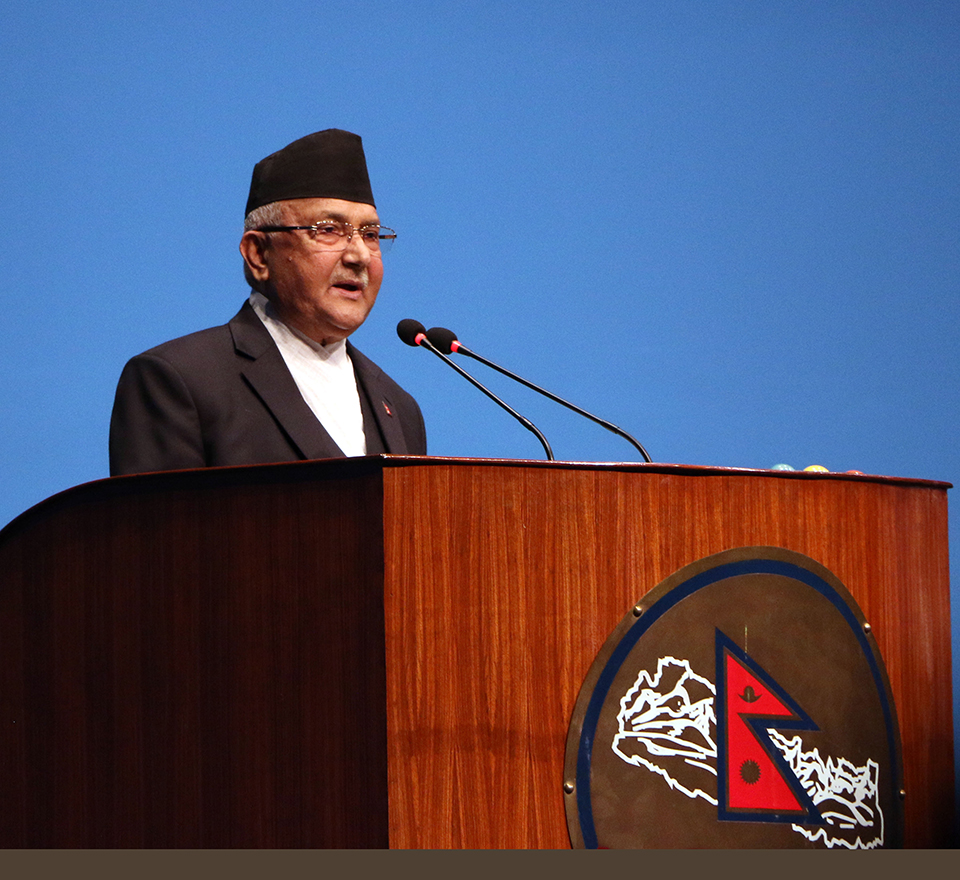
KATHMANDU, Sept 11: The rift between the central and provincial governments is widening, with the chief ministers from all seven provinces standing against the center's non-cooperation in the exercise of their rights as envisioned under the federal structure.
Deprived of enough resources and the powers to run the provinces, the chief ministers had gathered in Pokhara to mount pressure on Kathmandu so that they would be able to implement federalism in full .
Irked by the chief ministers' move, Prime Minister KP Sharma Oli postponed a meeting of the Intergovernment Council scheduled for Sunday.
PM Oli, who heads the Council, abruptly cancelled the meeting after the chief ministers had already arrived in Kathmandu shortly after their Pokhara gathering. Other members of the council—the finance minister and the home minister—were also invited to the meeting.
Prithivi Subba Gurung, the chief minister of Gandaki Province, said, “We don't know why the meeting was postponed. Perhaps, the prime minister knows more about this.”
Following the cancellation of the meeting, most chief ministers have returned to their respective regions.
The chief ministers are apparently unhappy with the central government because of its 'undue interference' . For example, the chief ministers announced public holidays in their respective regions on the occasion of local festivals. But chief district officers in the region overruled the provincial governments' announcements. The chief ministers believe the CDOs are undermining the authority of the provincial governments in response to pressure from central authorities.
Confrontations emerged in Province 2 and in Gandaki Province in recent days after the central government flouted the public holidays.
Miffed by the powers exercised by the CDOs, the provincial governments have been requesting the center to curtail those powers and bring them under the provincial chiefs. The heads of provincial governments do not want any powers delegated to the CDOs other than the issuing of citizenship and passports.
Most provincial governments are understaffed as the central government has delayed the deployment of staff to their regions.
Revenue sharing among the three tiers of government—local, provincial and federal-- is another bone of contention. The provincial governments are demanding allocation to them of 60 percent of the total revenue, with the remaining 40 percent going to the local and central governments. Under existing law it is just the opposite .
The centrally formulated law has proposed to allocate 15 percent each of revue to the local and provincial governmens, with the balance going to the central government.
You May Like This
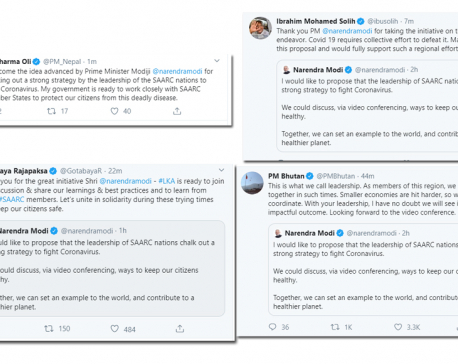
Nepal, Sri Lanka, Maldives and Bhutan hail Modi's proposal to battle COVID-19
KATHMANDU, March 13: Leaders of Nepal, Sri Lanka, the Maldives and Bhutan have welcomed Indian Prime Minister Narendra Modi's proposal... Read More...
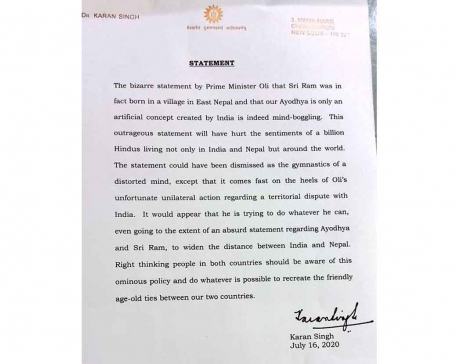
PM Oli’s remarks on Ayodhya ‘mind-boggling’, ‘disseminated as gymnastics of a distorted mind’: Karan Singh
KATHMANDU, July 15: A senior Indian Congress leader Dr Karan Singh has said that the remarks made by Prime Minister... Read More...

PM congratulates Kailali youth for beating COVID-19
KATHMANDU, April 20: Prime Minister KP Sharma Oli has expressed happiness with a 21-year-old youth from Kailali returning home after... Read More...



Just In
- WB to take financial management lead for proposed Upper Arun Project
- Power supply to be affected in parts of Kathmandu Valley today as NEA expedites repair works
- Godepani welcomes over 31,000 foreign tourists in a year
- Private sector leads hydropower generation over government
- Weather expected to be mainly fair in most parts of the country today
- 120 snow leopards found in Dolpa, survey result reveals
- India funds a school building construction in Darchula
- Exploring opportunities and Challenges of Increasing Online Transactions in Nepal







_20220508065243.jpg)


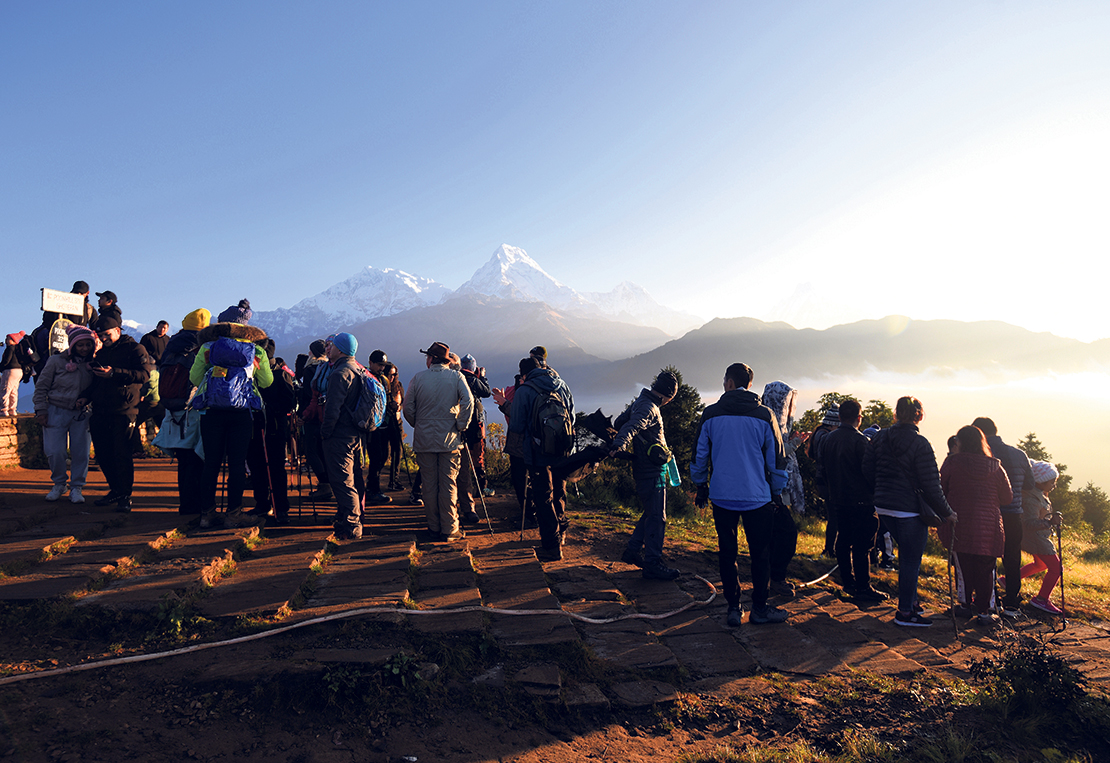



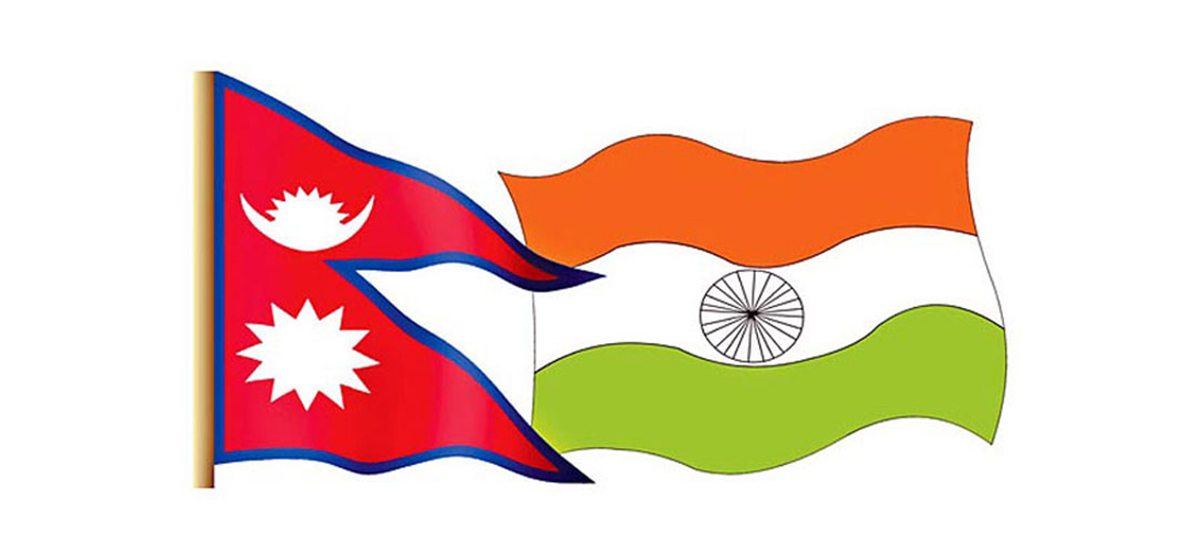

Leave A Comment